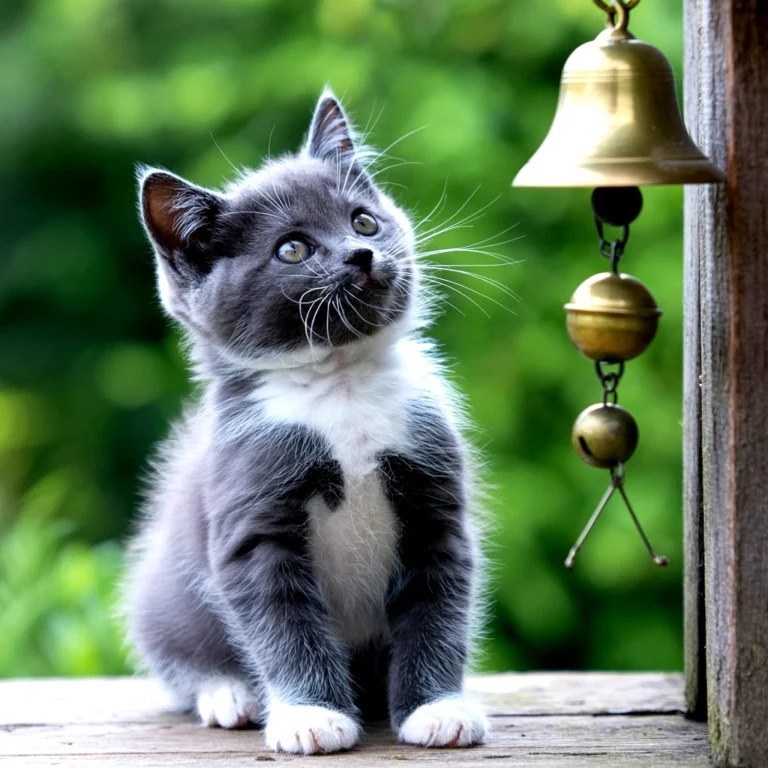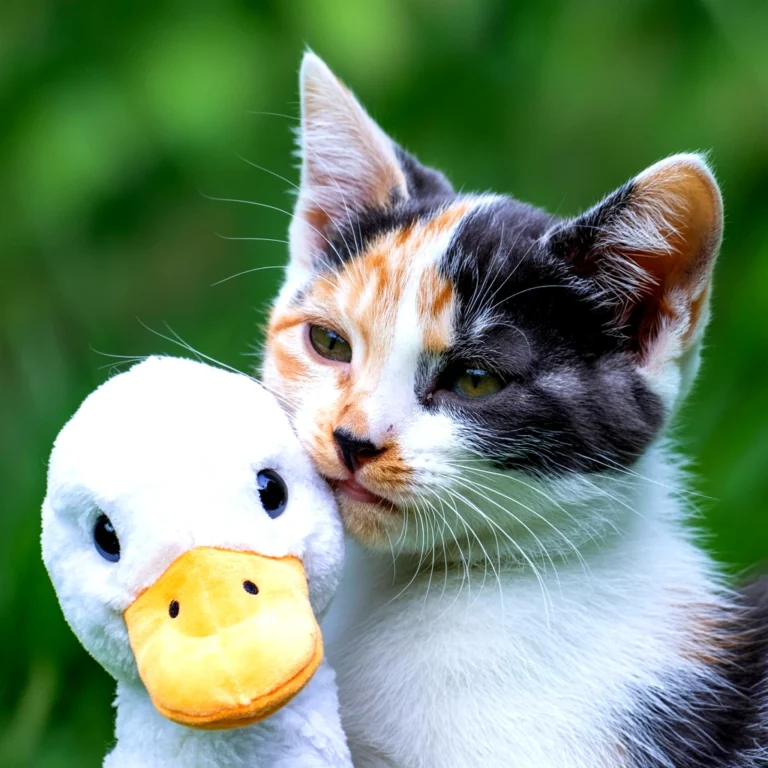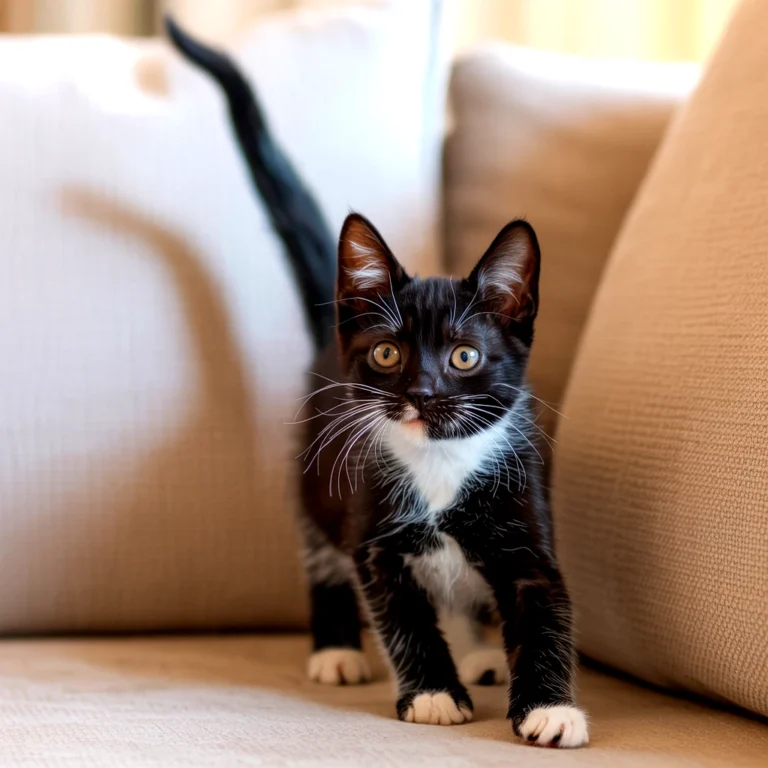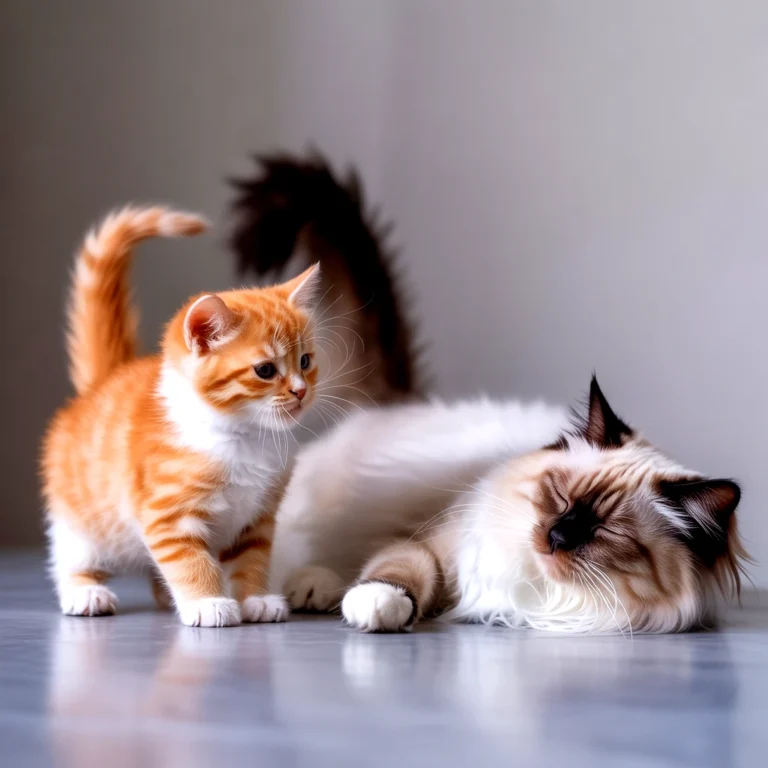
Feeding and Diet Tips for a Healthier, Happier Life
Balanced diets consist of grains, proteins, fruits, vegetables, and dairy. Portion control and nutrient-rich foods enhance health, while hydration and meal planning support overall wellness.

Balanced diets consist of grains, proteins, fruits, vegetables, and dairy. Portion control and nutrient-rich foods enhance health, while hydration and meal planning support overall wellness.

Feline asthma causes airway inflammation and narrowing, leading to coughing, wheezing, and difficulty breathing. Common triggers include dust, smoke, and strong odors. Regular veterinary care is essential.

Levetiracetam is an anticonvulsant prescribed for cats to manage seizures by stabilizing brain activity, typically administered every 8 hours for optimal effectiveness.

Parasite control medications effectively manage infections in humans and animals by targeting various parasites, including internal worms, protozoa, and external ectoparasites like lice and mites.

Cardiovascular medications manage heart disease, lower blood pressure, enhance heart function, and reduce complications, including drugs like ACE inhibitors, ARBs, beta-blockers, and anticoagulants.

Cats are obligate carnivores requiring meat-based diets, but safe snacks include cooked chicken, eggs, and certain fruits and vegetables in small portions for variety and health.

Chocolate is toxic to cats due to theobromine and caffeine, causing symptoms like vomiting, rapid heartbeat, and seizures. Keep chocolate away from pets to ensure their safety.

Most adult cats are lactose intolerant, leading to digestive issues like diarrhea and stomach pain when consuming cow's milk, making it an unsuitable treat.

Cheese can be given to cats in tiny amounts occasionally, but most cats are lactose intolerant and may experience digestive issues if consumed frequently.

Cats require specific nutrients like taurine and arachidonic acid from meat, which dog food lacks, making it unsuitable for their regular diet.